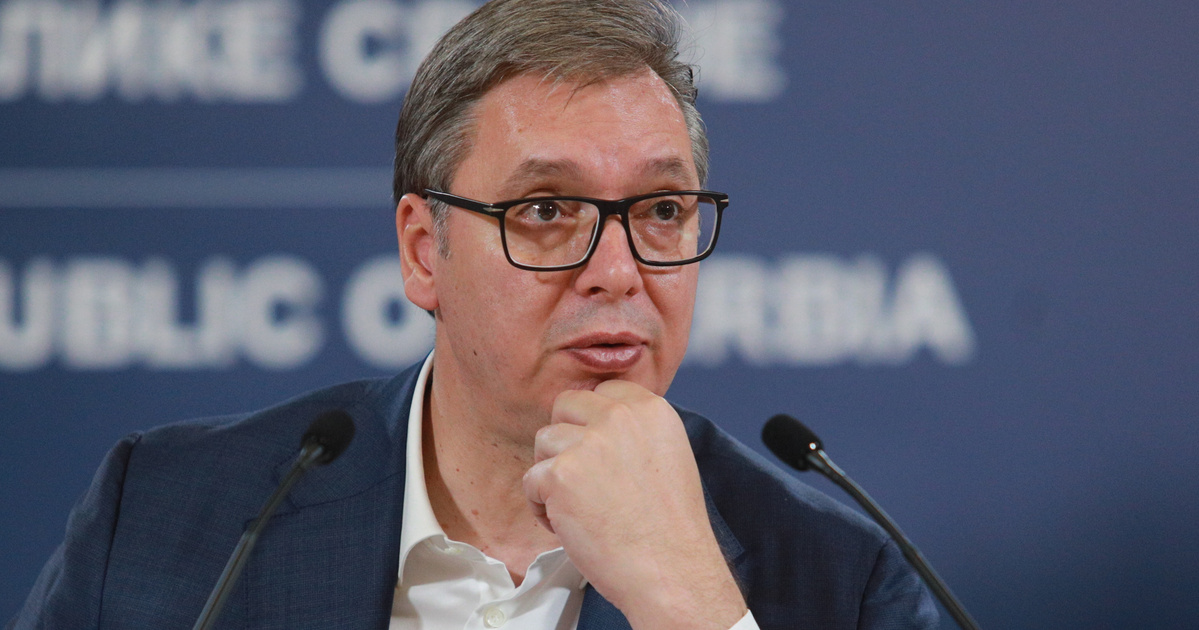As of February, only euros can be accepted for cash payments throughout the country, which means that money circulation will be stopped even in those settlements where the majority of Serbs live – MTI announced the decision of the Central Bank of Kosovo.
The Serbian dinar has been the main currency in these settlements until now, and remained so even when the Serbian-Kosovo conflict ended in 1998-1999 and after Kosovo unilaterally declared its independence from Serbia in 2008.
If in the future they can only pay in euros in the province of Kosovo, currency exchange could mean financial loss for many.
According to Prishtina, the attackers who attacked police officers near the town of Banjska last September were funded through these illegal channels.
The leadership in Pristina justified the current decision by the fact that the Serbian dinar enters Kosovo by bypassing the Central Bank of Kosovo and through the Serbian institutional system, so its path is absolutely untraceable and can even be used for illegal activities. According to official data, about half of the Kosovo Serb population receives their pensions, salaries or social support from the Serbian budget in dinars.
Aleksandar Vucic also reacted to Pristina's move
According to Serbian President Aleksandar Vucic, the move in Pristina undermines the dialogue between Serbia and Kosovo that has been ongoing for more than ten years through the mediation of Brussels, and its purpose is to expel the Serb population from Kosovo. During his meetings at the World Economic Forum in Davos, the Serbian Head of State also updated the politicians and diplomats present on the latest developments.
Miroslav Lajcak, the European Union Commissioner responsible for the dialogue between Serbia and Kosovo, confirmed that the Serbian and Kosovo parties informed him of the plan to stop the flow of funds.
He expressed his hope that the situation would not worsen because of this and that the two sides would find a peaceful solution.
He also added that he had informed the relevant EU bodies of the planned action in Kosovo and Serbian concerns, and that the EU would soon take an official position on this issue.
In 2008, Kosovo unilaterally declared its independence from Serbia, which Belgrade has refused to recognize ever since, and still considers the region, mostly inhabited by Albanians, its southern province.

Comprehensive analyses, world-changing questions, and visions for the future in one volume.













































